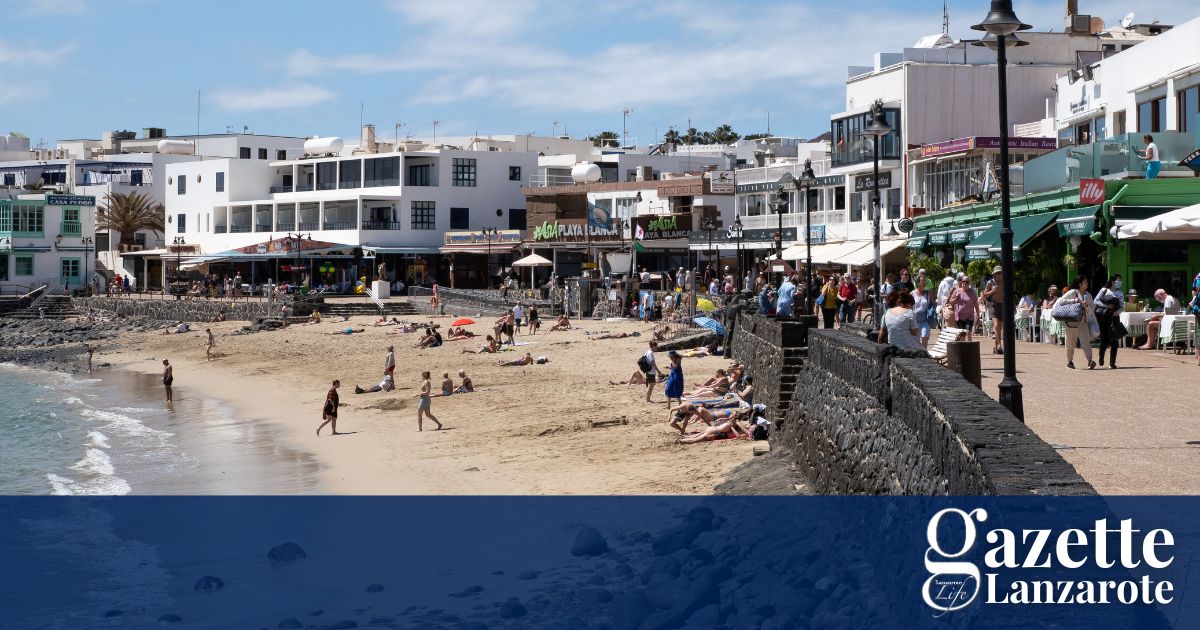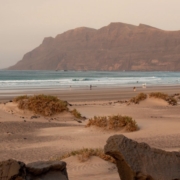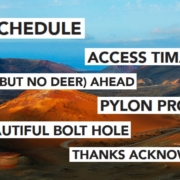In the summer months, Lanzarote’s beaches are the island’s shop windows. But these paradisical playas are not immune from the problems that affect the rest of the island.
On two occasions in recent months Playa Blanca’s town beach has been closed for several days after traces of sewage were discovered in the water. The incident caused the environmental association Ecologists In Action (EEA) to award the beach one of its unofficial “black flags” in its annual report.
EEA claim that “the metabolism of tourism in the Canaries is intense”, requiring resources and energy that the islands cannot produce themselves, and producing waste and pollution that the islands cannot cope with.
Playa Blanca is not the only beach where occasional sewage spills have been a problem, with incidents in Puerto del Carmen, Punta Mujeres and Arrecife over recent years, too. The problems generally result from the poor state of drains and sewage systems in older areas, which have come under increasing pressure over the years.
Although beach closures remain rare, they are obviously bad news for Lanzarote’s image, and each new incident highlights the lack of investment in the island’s water and sanitation systems. In May, the constant water shortages that have affected many rural areas of Lanzarote prompted a local protest group to stick fake “Out of Order” signs on beach showers in order to save water and highlight how they feel the island prioritises its tourist industry over local farmers.
Lanzarote got a shock earlier this year when it was announced that Puerto del Carmen’s Playa Grande – the first important tourist beach on the island – had lost its Blue Flag award. The Blue Flag is a mark of excellence that is granted to beaches that fulfil several strict requirements for cleanliness, facilities, accessibility and several other factors.
Playa Grande’s flag was withdrawn because of an unauthorised construction work at Fariones that contravened Spain’s coastal laws, and Tías Mayor José Juan Cruz insisted that the beach was “in perfect condition” as regards water quality, sand and services. But it is not the first time a Blue Flag has been taken away.
Usually this is because of lack of disabled access, lifesaver services and public conveniences, all of which require significant investment and maintenance. But it seems odd to see councils boasting of the Blue Flags they have been awarded while dismissing the ones that have been withdrawn as unimportant.
Lanzarote’s resort beaches are, on the whole, superbly clean and well-kept. However, they are every bit as vulnerable to the problems of overdevelopment as the rest of the island. Keeping these sandy advertisements for the island in order is an increasingly important task, and one that requires solutions that go way beyond the seaside.











Leave a Reply
Want to join the discussion?Feel free to contribute!